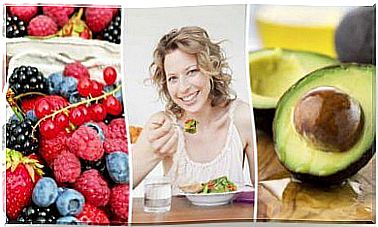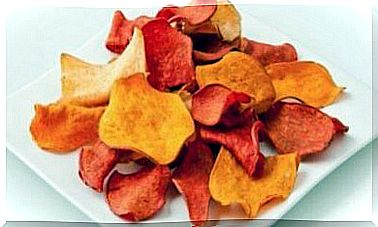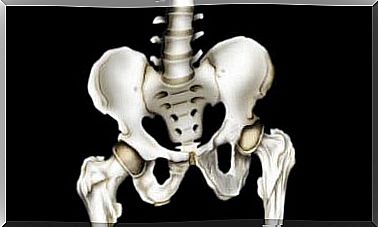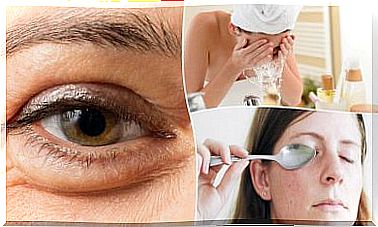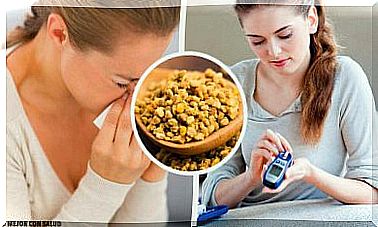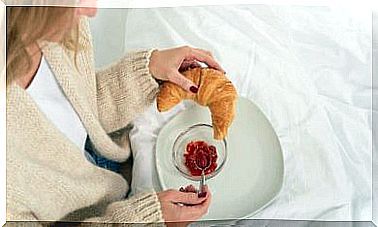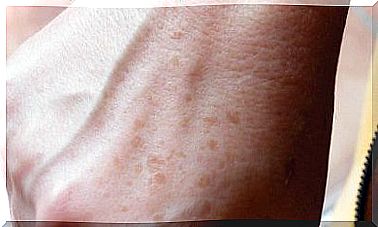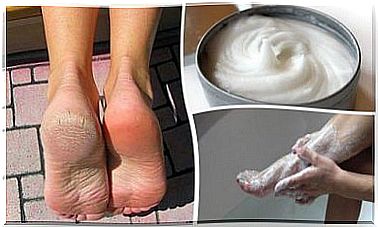Diverticulitis: Foods To Avoid
Diverticulitis is a disorder in which the lining of the colon comes out to the outside as if they were small pouches or hairs, which causes discomfort and pain when eating certain types of food. Find out in this article which foods should be avoided by those who suffer from this disorder.
What to know about diverticulitis?
As mentioned at the beginning, diverticulitis is the presence of small bags, hernias or bulging in the intestine, more precisely in the part that corresponds to the colon.
It is a very common condition that has no symptoms unless the waste or food particles get “trapped” in these lumps or diverticula, which causes the bacteria to proliferate.
Thus, it is at this point that the pains in the lower and left part of the abdomen begin, this being the first sign. We also have to pay attention if we suffer from diarrhea followed by constipation, fever, nausea or vomiting, for example.
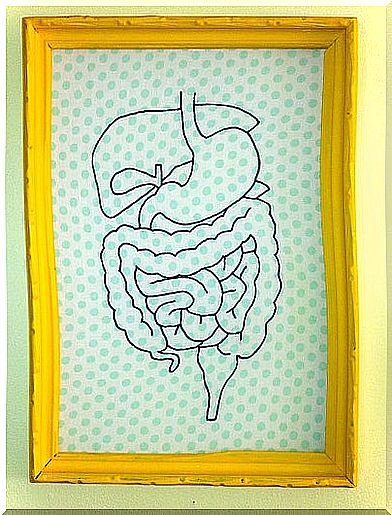
Once an episode of diverticulitis happens, there is up to a 45% risk that it will happen again. Doctors advise some foods that cannot be consumed or, at least, avoided so that the condition does not worsen.
After all, what foods are prohibited?
grains
Avoid eating products derived from cereals, such as popcorn, corn bread, oatmeal or any food made with bran or brown rice. They all contain a lot of difficult-to-digest fibers that could be trapped in the diverticula, aggravating the condition.
To replace them, prefer refined grains such as pasta, white rice, baked goods or refined white flour cookies.
Fruits and Vegetables
It is true that we cannot live without consuming these foods, but, at least, during the moment when the condition appears, it is advisable not to consume them.
Avoid consuming dried fruits such as raisins, as they have a lot of fiber. Stay away from berries, ie blueberries, raspberries, etc., as their seeds are difficult to ingest, as are cruciferous vegetables like broccoli, cabbage and cauliflower.
Don’t drink juices with pulp and make sure all the vegetables you eat are cooked so you’ll soften the fibers and be able to digest them more easily.
In turn, avoid almost all raw fruits, with the exception of peaches, avocados, melons and bananas.
Meat and protein
Choose the finest or chopped cuts of meat, fish (of any kind) and eggs to be your main sources of protein. These foods do not irritate the colon and are easy to differ.
Don’t eat strong cheeses because they contain a lot of casein, bad for diverticulitis. Remove from your menu all dishes that contain seeds or nuts, such as peanut butter, for example. Cut down on beans, peas and legumes as they are known to be a great source of fiber.
rinds and spices
These foods are also banned because they cause more inflammation than is already manifested in this disease. This means that fruits, vegetables or meat should not have skin or skin. Spices that are too spicy are also bad for the body.
Energetic drinks
In this group are coffee, tea, mate, chocolate and soft drinks or carbonated drinks, as they irritate the intestine.
In the case of caffeine, included in almost all of these, it constricts the muscles of the colon, has the ability to eliminate the water contained in the stool and to cause constipation. If it’s difficult to leave the coffee, start drinking the decaf, but gradually try to leave it.
Tips, Advice and Remedies for Diverticulitis
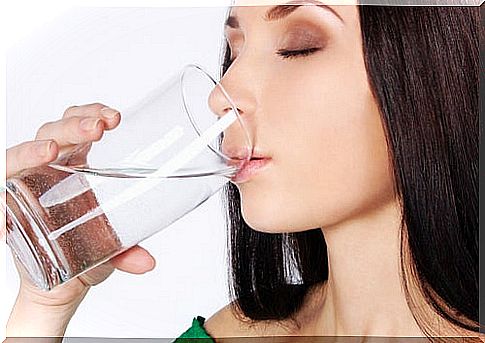
- Drink lots of water (between six to eight glasses a day);
- Going to the bathroom only when you feel like it and not holding it when you need it because it can aggravate the situation;
- Exercise to benefit your leg, hip, and colon muscles to make bowel movements easier;
- Do not use laxatives or enemas if you suffer from constipation, as they can further irritate your bowels and create addiction, as there is no proper functioning of the excretory system;
- Avoid consuming foods that are heavily processed or high in fat, such as spicy, sugary and fried foods;
- Avoid foods that contain seeds. Chew well before swallowing because the fragments can become lodged between the diverticula causing pain and inflammation;
- Eat porridge or cooked vegetable or fruit purees. You can also prepare pulpless shakes to encourage healing during your treatment.
Recommended plants to treat diverticulitis are:
- Chamomile : reduces inflammation and brings relief. Consume at least one chamomile tea a day.
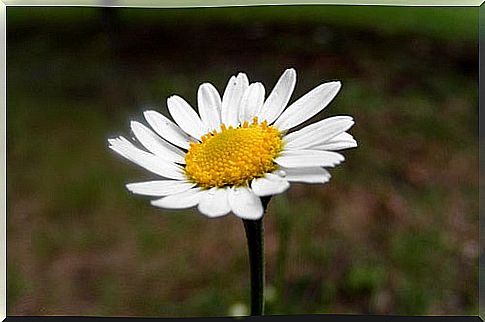
- Mint: serves to relieve swelling in the abdomen, pain, nausea and gas. Drink up to 3 cups a day.
- Oregano: reduces inflammation in the colon.
- Thyme : is a great source of fiber and antispasmodic and anti-inflammatory analgesic compounds. You can use it as a condiment for soup, sauces or salads.
- Turmeric: is a natural anti-inflammatory used for any type of inflammation and to reduce diverticula.
Images courtesy of Hey Paul Studios, Orin Zebest, Memi Beltrame and woodleywonderwork.
